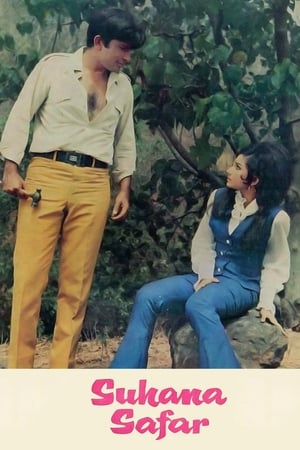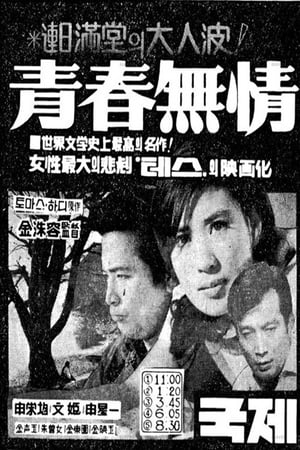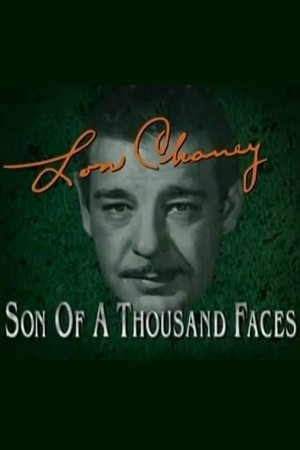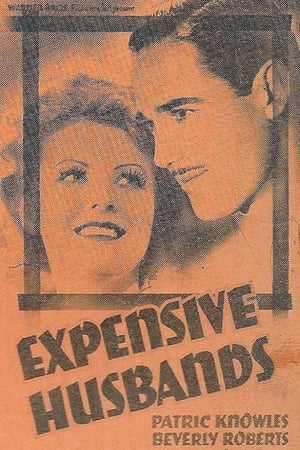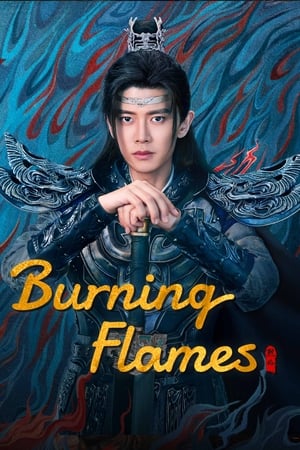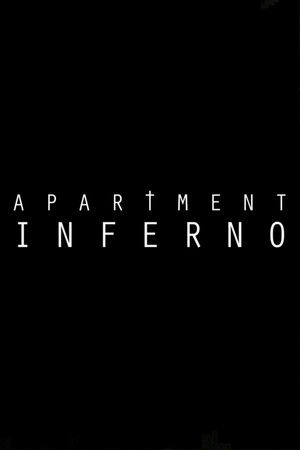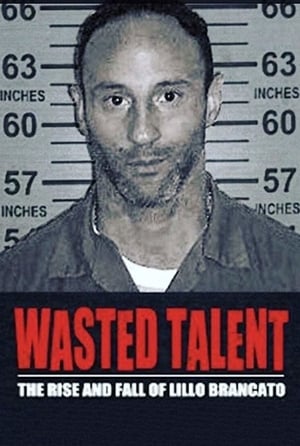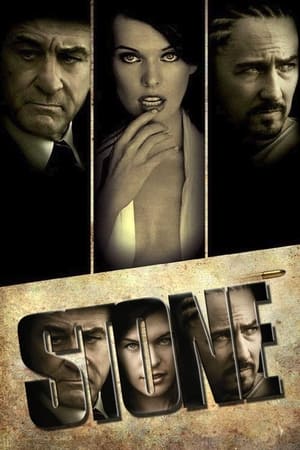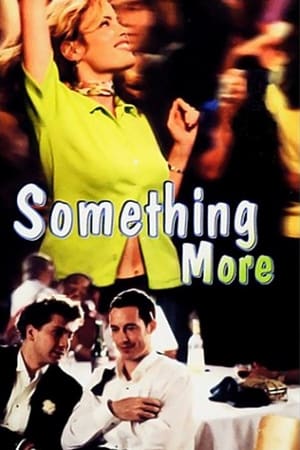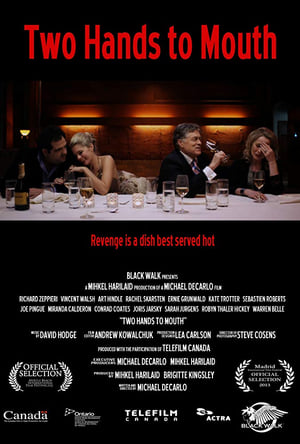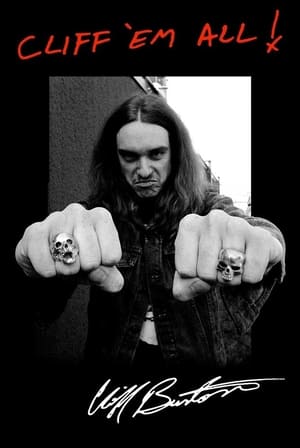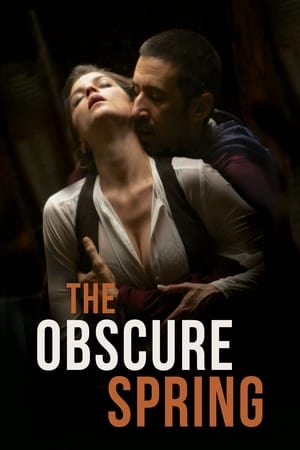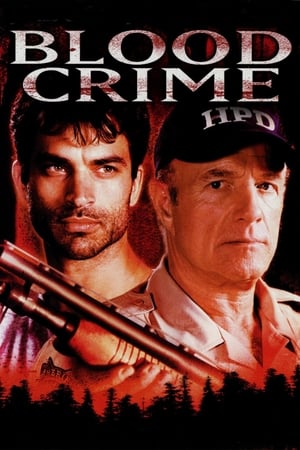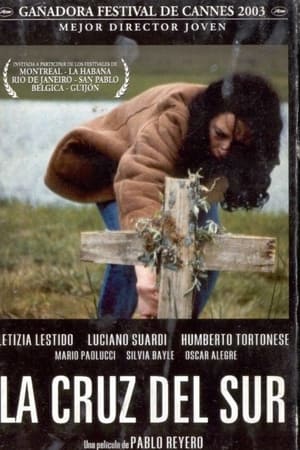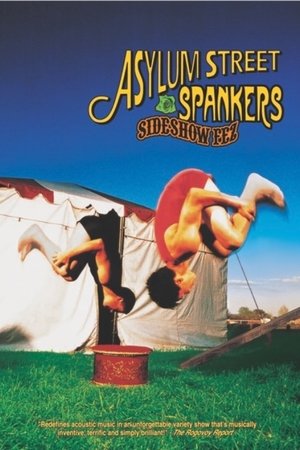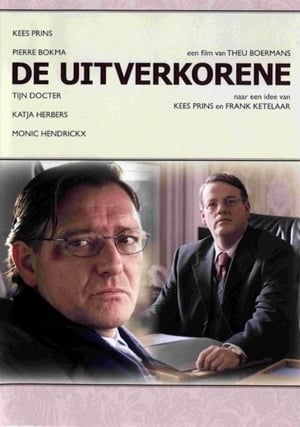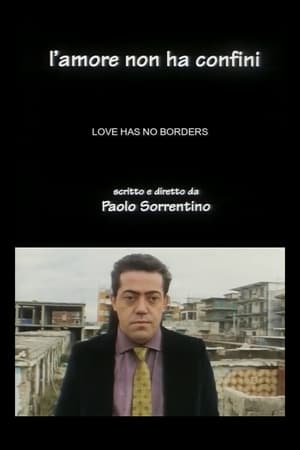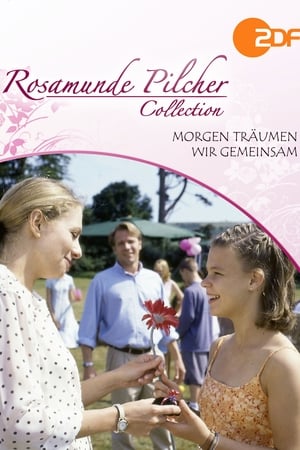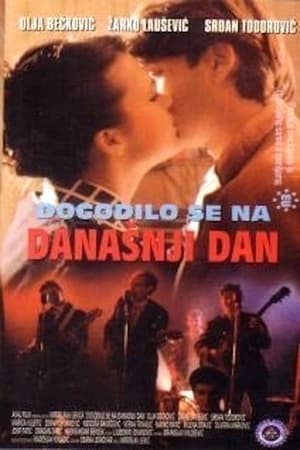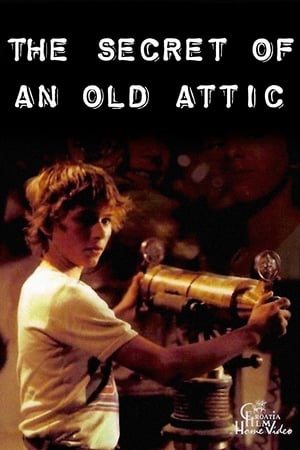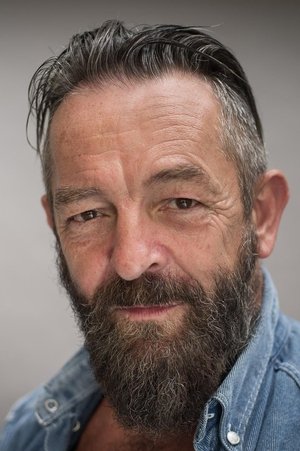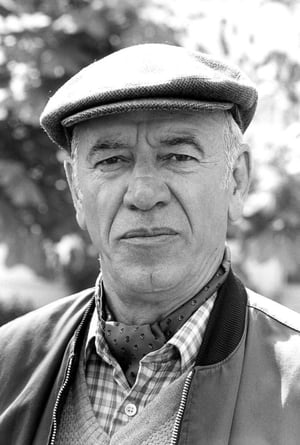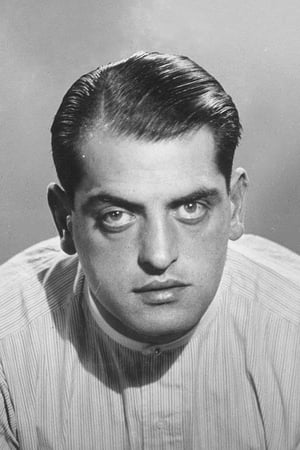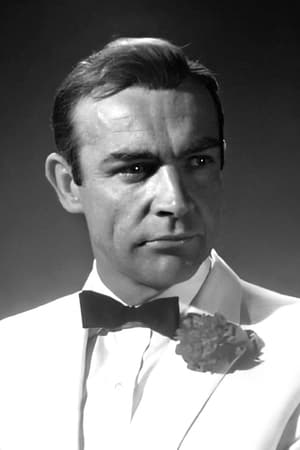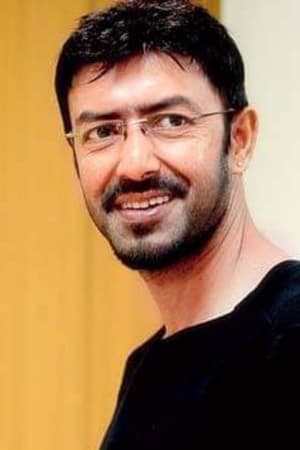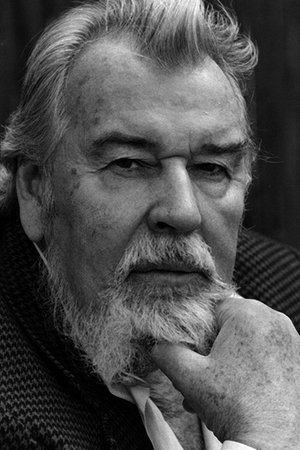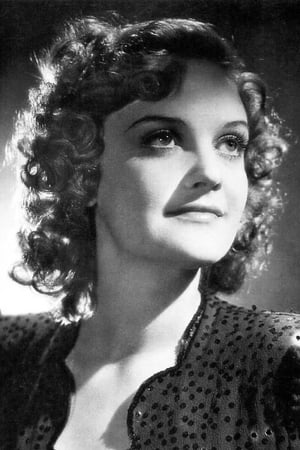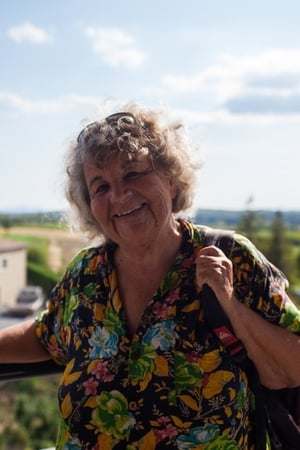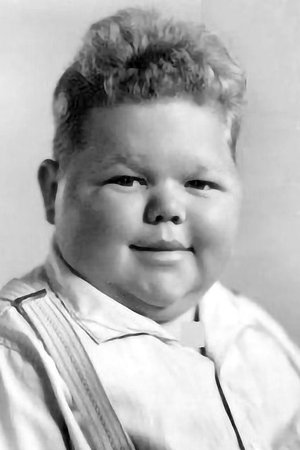Trending
Popular people
Francis Magee
Biography
Francis Magee (born 7 June 1959) is an Irish actor. He portrayed Liam Tyler in British soap opera EastEnders from 1993 to 1995. He has also appeared in numerous television shows and feature films, including Sahara (2005), Layer Cake (2004) and The Calling (2000). He played the part of Ordgar, the Housecarl who led the Crowhurst contingent, in 1066 The Battle for Middle Earth (2009), a reconstruction of the year of the three battles from the English perspective.
He was raised in Ireland and on the Isle of Man. He spent eight years as a fisherman before becoming an actor and has also been a member of several music groups including Namoza - who released four singles and an album - and Disco D'Oro.
He studied acting at the Poor School at London's Kings Cross.
Read more
André Pousse
Biography
André Pousse (20 October 1919 – 9 September 2005) was a noted French actor and, in his youth, also a notable cyclist
While primarily known as a leading French actor, André Pousse began his professional career as a cyclist (primarily track). His greatest cycling achievements took place in the infamous Vél d'Hiv (Vélodrome d'Hiver or Winter Velodrome), in Paris, where he won the prestigious "six days of Vél d'Hiv" races from 1942 to 1949. Indeed, Pousse is the record holder in this event, and will remain so as the Vél d'Hiv has since been torn down. The "race," as it was, took place in front of 20,000 spectators and was a major French cultural and sporting event. It lasted six days and nights and, until two-man teams were established, it was apt to land exhausted participants in hospital, as Pousse himself remarked. Alain Delon, who as a child attended the races as an ardent admirer of Pousse, remembers competing with other children for the honor of bringing Pousse his bicycle at the beginning of a race. André Pousse retired from the track in 1950; and later, from 1960, went on to his better known years as an actor in cinema and television. He played mostly gangster roles in police films of the time. For many years, he was the artistic director of the Moulin Rouge in Paris and many other establishments, including the Casino of Lebanon. He also served as the agent of many French actors.
Source: Article "André Pousse" from Wikipedia in English, licensed under CC-BY-SA 3.0.
Read more
Luis Buñuel
Biography
Luis Buñuel Portolés (Spanish: [ˈlwis βuˈɲwel poɾtoˈles]; 22 February 1900 – 29 July 1983) was a Spanish filmmaker who worked in France, Mexico, and Spain. He has been widely considered by many film critics, historians, and directors to be one of the great and more influential filmmakers of all time. Buñel's works were known for their avant-garde surrealism which were also infused with political commentary.
Often associated with the surrealist movement of the 1920s, Buñuel made films from the 1920s through the 1970s. He collaborated with prolific surrealist painter Salvador Dali creating the films Un Chien Andalou (1929), which was made in the silent era and L'Age d'Or (1930). The two films are seen as the birth of Cinematic surrealism. From 1947 to 1960 he developed his skills as a director filming in Mexico making grounded and human melodramas such as Gran Casino (1947), Los Olvidados (1950), and Él (1953). Here is where he gained the fundamentals of storytelling.
Buñel than transitioned into making artful, unconventional, surrealist, and political satirical films. He earned acclaim with the morally complex arthouse drama film Viridiana (1961) which criticized the Francoist dictatorship. The film won the Palme d'Or at the 1961 Cannes Film Festival. He then criticized political and social conditions in The Exterminating Angel (1962), and The Discreet Charm of the Bourgeoise (1972) the later of which won the Academy Award for Best International Feature Film. He also directed Diary of a Chambermaid (1964), and Belle de Jour (1967), as well as his final film That Obscure Object of Desire (1977) the later of which earned the National Society of Film Critics Award for Best Director.
Buñel earned five Cannes Film Festival prizes, two Berlin International Film Festival prizes, and a BAFTA Award as well as nominations for two Academy Awards. Buñuel received numerous honors including National Prize for Arts and Sciences for Fine Arts in 1977, the Moscow International Film Festival Contribution to Cinema Prize in 1979, and the Career Golden Lion in 1982. He was nominated once for the Nobel Prize in Literature in 1968. Seven of Buñuel's films are included in Sight & Sound's 2012 critics' poll of the top 250 films of all time.
Read more
Sean Connery
Biography
Sir Thomas Sean Connery (August 25, 1930 – October 31, 2020) was a Scottish actor and producer who won an Academy Award, two BAFTA Awards (one being a BAFTA Academy Fellowship Award), and three Golden Globes, including the Cecil B. DeMille Award and a Henrietta Award.
Connery was the first actor to portray the character James Bond in film, starring in seven Bond films (every film from Dr. No to You Only Live Twice, plus Diamonds Are Forever and Never Say Never Again), between 1962 and 1983. In 1988, Connery won the Academy Award for Best Supporting Actor for his role in The Untouchables. His films also include Marnie (1964), Murder on the Orient Express (1974), The Man Who Would Be King (1975), A Bridge Too Far (1977), Highlander (1986), Indiana Jones and the Last Crusade (1989), The Hunt for Red October (1990), Dragonheart (1996), The Rock (1996), and Finding Forrester (2000).
Connery was polled in a 2004 The Sunday Herald as "The Greatest Living Scot" and in a 2011 EuroMillions survey as "Scotland's Greatest Living National Treasure". He was voted by People magazine as both the “Sexiest Man Alive" in 1989 and the "Sexiest Man of the Century” in 1999. He received a lifetime achievement award in the United States with a Kennedy Center Honor in 1999. Connery was knighted in the 2000 New Year Honours for services to film drama.
On 31 October 2020, it was announced that Connery had died at the age of 90.
Description above from the Wikipedia article Sean Connery, licensed under CC-BY-SA, full list of contributors on Wikipedia
Read more
Badshah Moitra
Biography
Noted for appearing in movies like Byatikrami (2003), Assassin (2004), Mayabazaar (2012), Room No. 103 (2015) and Rater Rajanigandha (2016), Badshah Moitra is an Indian actor, who primarily works in the Bengali cinema. His 2017 release includes the romantic drama film Black Coffee. Directed by Atanu Bose, the film stars Paoli Dam and Badshah Moitra in the lead roles. He is associated with the 2017 movie Khirki Theke Singhadwar opposite Paran Bandyopadhyay directed by Sandip Sarkar. His other releases include Aaleya, Nirbhoya, Bhobishyoter Bhoot, Bristi Tomake Dilam, Mukerhee Dar Bou and Mon Jaane Na.
Read more
Bernhard Wicki
Biography
From Wikipedia, the free encyclopedia.
Bernhard Wicki (28 October 1919 in St. Pölten, Austria - 5 January 2000 in Munich) was an Austrian actor and film director.
Wicki studied in the city of Breslau such topics as Art History, History und German Literature. In 1938, he transferred to the Schauspielschule des Staatlichen Schauspielhauses (drama school) in Berlin. In 1939, because of his membership in the Bündischen Jugend he was imprisoned for many months in the Sachsenhausen concentration camp. After his release he moved to Vienna, and then in 1944 to Switzerland.
After the end of World War II, he starred in many films, like Die letzte Brücke (1953) and Es geschah am 20. Juli (1955). He was also a photographer. His first attempt at directing came three years later with the documentary Warum sind sie gegen uns? (1958). He became internationally famous with his anti-war film of 1959 called Die Brücke. In 1961, he won the Silver Bear for Best Director at the 11th Berlin International Film Festival for his film The Miracle of Father Malachia.
After his death in 2001, a fund was started and named after him in Munich, the Bernhard Wicki Memorial Fund. Since 2002, it has awarded a film prize, The Bridge, considered a peace prize. A further prize was endowed in 2006 with 15,000 euros, a prize given in the city of Emden since 2000. He was a patron of the International Film Festival in Emden-Norderney which first started in 1990.
He first married Agnes Fink, a fellow acting colleague, and later married Elisabeth Endriss, also a colleague. In the documentary Verstörung - und eine Art von Poesie (June, 2007), Elisabeth Wicki-Endriss portrayed the life and work for Wicki.
He is buried at the Nymphenburger cemetery in Munich (grave number 4-1-23).
Description above from the Wikipedia article Bernhard Wicki, licensed under CC-BY-SA, full list of contributors on Wikipedia
Read more
Klári Tolnay
Biography
Klári Tolnay (17 July 1914 – 27 October 1998) was a Hungarian actress.
Klári Tolnay (born Rózsi Tolnay) was born on 17 July 1914 in Budapest, as the daughter of István Tolnay and Eleonóra Siess. She spent her childhood in the small village of Mohora, Nógrád county, on the estate of her father. Finishing elementary school there, she continued secondary school studies in Balassagyarmat, two years at the school operated by Institutum Beatae Mariae Virginis in Nyíregyháza, finishing high school in Debrecen's School of Business. Singing and playing music since childhood, she followed the advice of newspaper editor János Bókay, and auditioned herself to prominent actors of the time, Gábor Rajnai, Jenő Heltai, and Sándor Hevesi. After these early attempts were not followed by desired results, she was mentored by Béla Gaál, thus starting her career as a film actress at the Hunnia Film Studio.
Her first notable role was in Meseautó, after which she was hired by the Vígszínház theatre in 1934, to perform smaller roles. In 1936 she married Ákos Ráthonyi, a director, giving birth to daughter Zsuzsanna 4 years later. After World War II ended in 1945, Ákos Ráthonyi left Hungary, with their daughter following after the 1956 revolution. Leaving the Vígszínház for the Művész Theatre in 1946-7, she met Iván Darvas, whom she later married (but divorced in 1958). In 1947, together with Gyula Benkő and István Somló, she was appointed as the co-manager of the Vígszínház theatre, where she was a major participant in restoring the institution to its pre-war glory. After the theatre was disbanded by the government in 1950, she joined the Madách Theatre, where she worked until her death on 27 October 1998.
Description above from the Wikipedia article Klári Tolnay, licensed under CC-BY-SA, full list of contributors on Wikipedia.
Read more
Bob Menendez
Biography
Robert Menendez (born January 1, 1954) is an American lawyer and politician serving as the senior United States senator from New Jersey, a seat he has held since 2006. A member of the Democratic Party, he was first appointed to the U.S. Senate by Governor Jon Corzine, and chaired the United States Senate Committee on Foreign Relations from 2013 to 2015, and again since 2021.
In 1974, at the age of 20, Menendez was elected to the Union City School District's Board of Education. He received degrees from Saint Peter's University and Rutgers Law School. In 1986, he was elected mayor of Union City. In 1988, while continuing to serve as mayor, he was elected to represent the state's 33rd district in the New Jersey General Assembly and, within three years, moved to the New Jersey Senate, upon winning the March 1991 special election for the 33rd Senate district. The next year, Menendez won a seat in the House of Representatives and represented New Jersey's 13th congressional district for six two-year terms, from 1993 to 2006. In January 2006, he was appointed to fill the U.S. Senate seat being vacated by Jon Corzine (who had been elected governor of New Jersey), and was elected to a full six-year term in November; he was reelected in 2012 and 2018.
In 2015, Menendez was indicted on federal corruption charges; the jury was unable to reach a verdict, and the charges were dropped in 2018. In April 2018, the United States Senate Select Committee on Ethics "severely admonished" Menendez for accepting gifts from donor Salomon Melgen without obtaining committee approval, for failing to disclose certain gifts, and for using his position as a senator to advance Melgen's interests.
Read more
Martine Rousset
Biography
Born on May 29, 1951 in Montpellier, Martine Rousset resided in Sète, France until 1975. She studied Philosophy of Cinema at the Université Paul Valery of Montpellier. As a director, she focuses on light and script. She has worked in cinema since 1977, and has been working as an expert beside Suzanne Pagé since 1978 in the audiovisual department of the Musée d’Art Moderne de la ville de Paris.
She has attended various festivals such as Festival of Berlin (1980), MNAM, Paris (1989), Berkeley (1990), MoMA, New York (1995), Feminale, Cologne (1992/1994/1996), Osnabrück (1996), IMPACT (1996), Oberhausen (1998), Scratch (1998/2001/2003), Riga (2002), Pesaro (2003), Los Angeles Film Forum (2004), Festival des cinémas differents, Paris (2005), La Enana Marrón, Madrid (2005), Rencontre des labos de Bruxelles (2005), 10 ans de l'Abominable (2006), Taiwan Women in the Arts (2007), Les Inattendus, Lyon (2007), Belgrade Alternative Film Festival (2008), Les Écrans Documentaires (2008).
Read more
Norman Chaney
Biography
He played Chubby in 18 "Our Gang" comedies from 1929 to 1931. The resident plus-size member of "The Little Rascals" at the dawn of the talkie era, he relied on an affable personality, a flair for funny dialogue, and a priceless frown of frustration that seemed to swallow up his whole moon face. He was taught the expression by the master of the "slow burn" himself, comedian Edgar Kennedy. Chubby's meatiest moments are in the classic short "Love Business" (1931), in which he competed with Jackie Cooper for the affections of their teacher, Miss Crabtree. (Bringing her flowers and candy, he coyly proposes, "Don't call me Norman, call me 'Chubsy-Ubsy'"). Chaney's other notable "Our Gang" appearances include "Boxing Gloves" (1929), "Shivering Shakespeare" (1930), "Teacher's Pet" (1930), "School's Out" (1930), "Helping Grandma" (1931), "Bargain Day" (1931), and "Fly My Kite" (1931). Norman Myers Chaney was born in Baltimore, Maryland. He gained his spot in "Our Gang" in a nationwide talent contest to replace original "fat kid" Joe Cobb, though it appears his age was falsified so he'd stand a better chance of winning. Cobb later said of his successor, "He adapted gracefully, and we all liked him, he was a nice fellow". Roughly 14 at the time ("retirement" age by child star standards), the roly-poly youth's stay with the series was destined to be brief but he still made a memorable impression on generations of "Rascals" fans. After leaving the Gang Chaney returned to Baltimore and attended public school. He continued to gain weight and eventually topped 300 pounds. In 1935 he underwent surgery for a glandular ailment at Johns Hopkins Hospital; his weight dropped to 136 pounds and he remained in poor health until his death the following May. Chaney was the first former "Our Gang" star to die.
Read more

